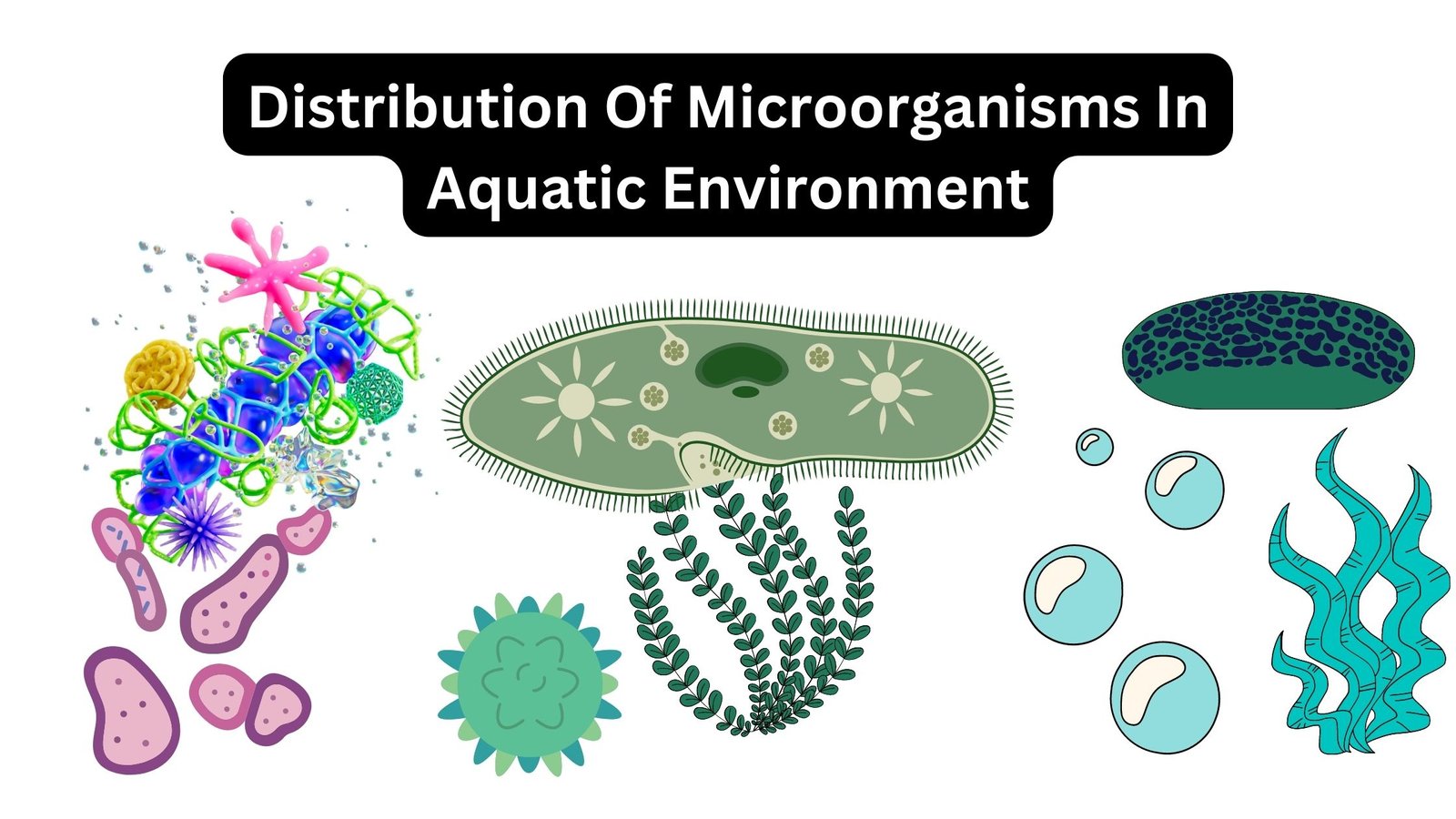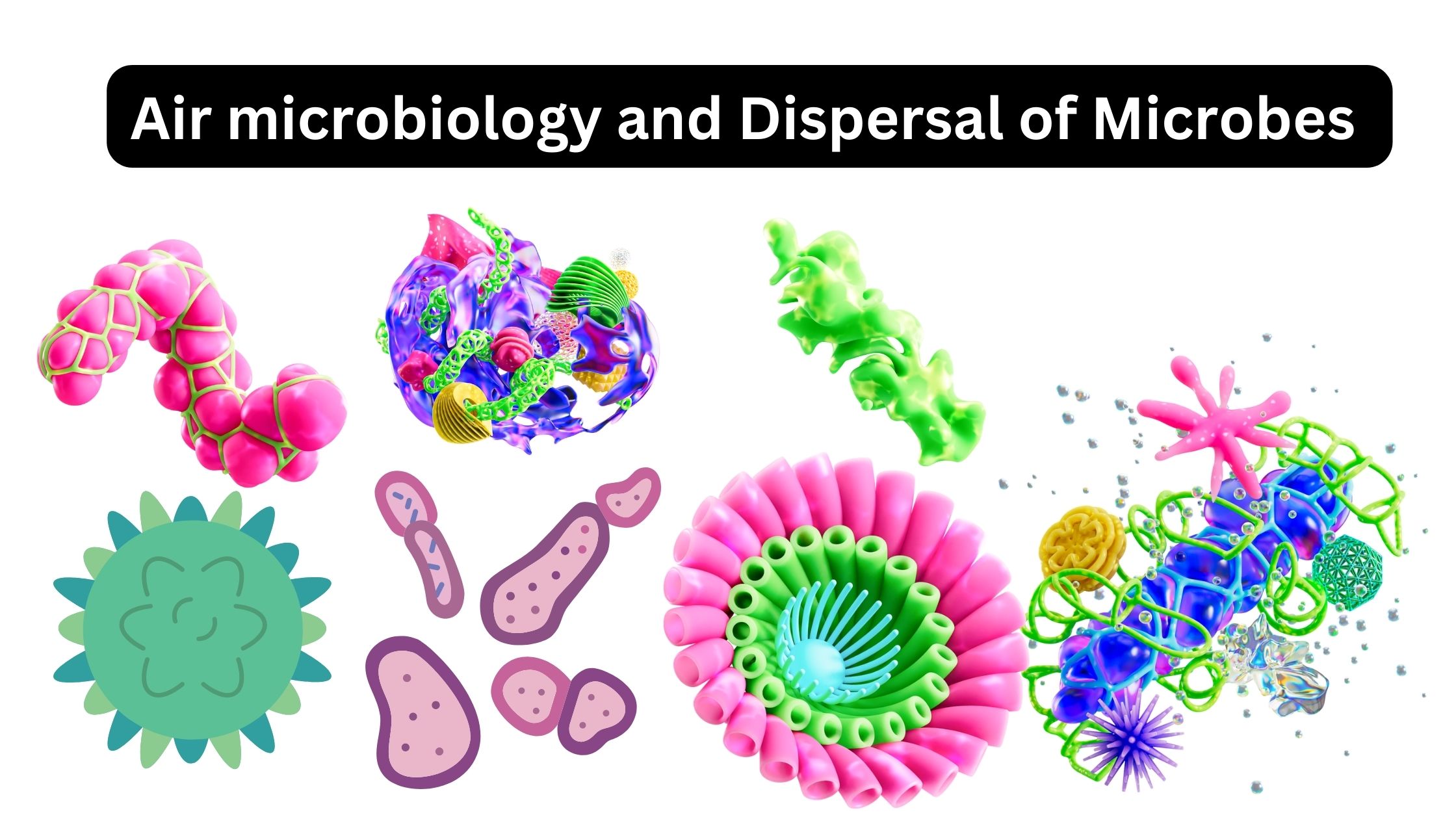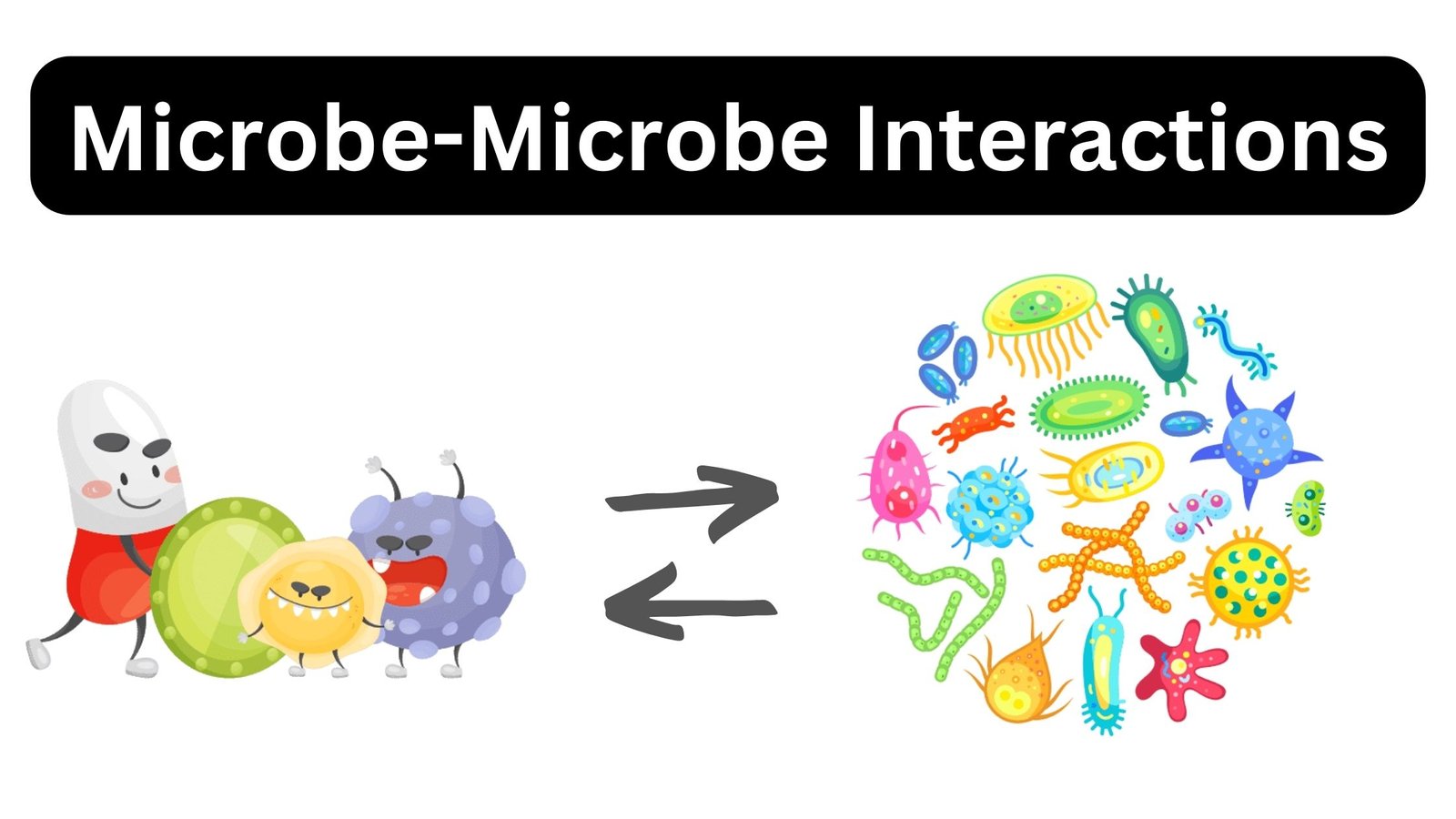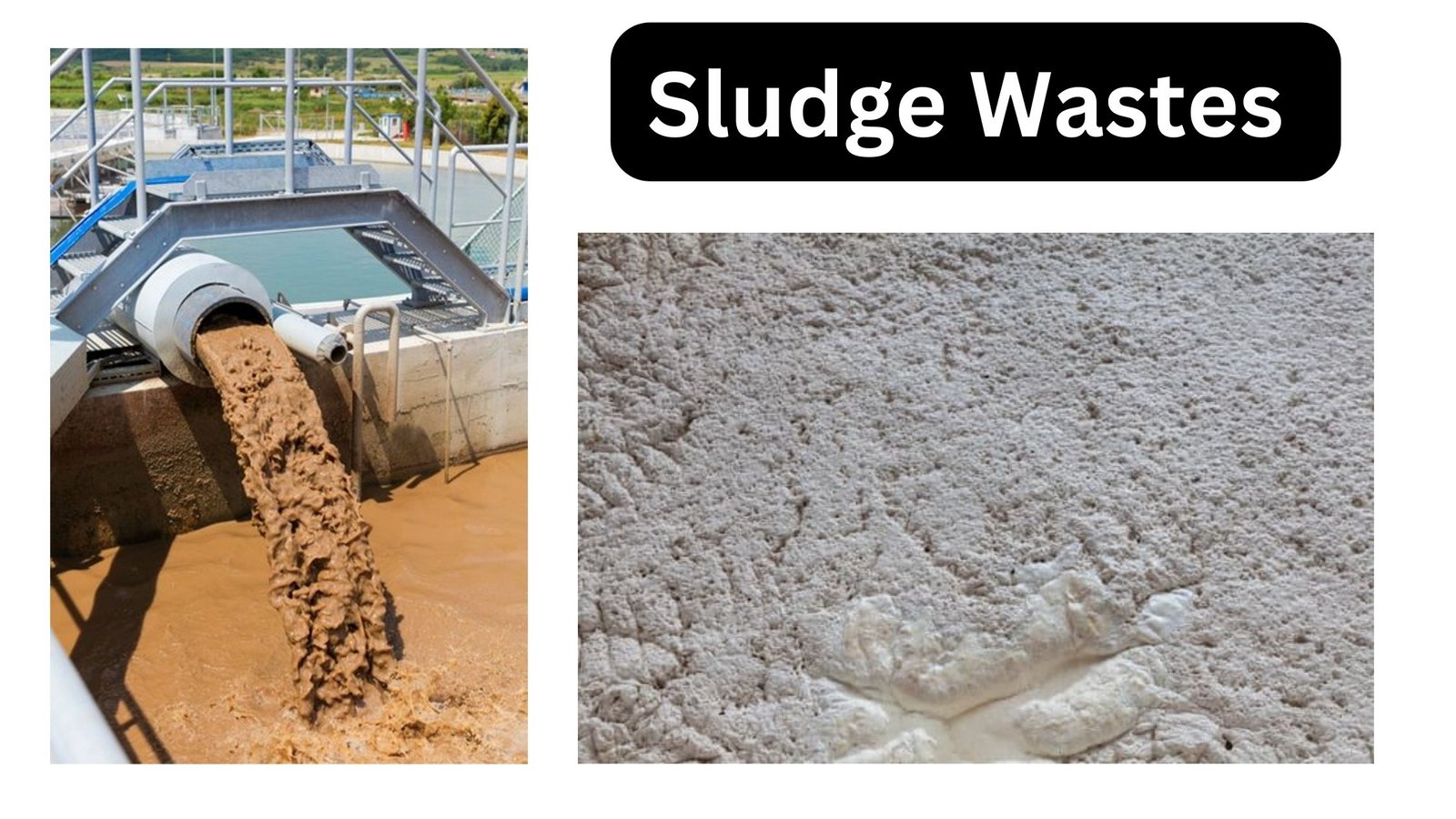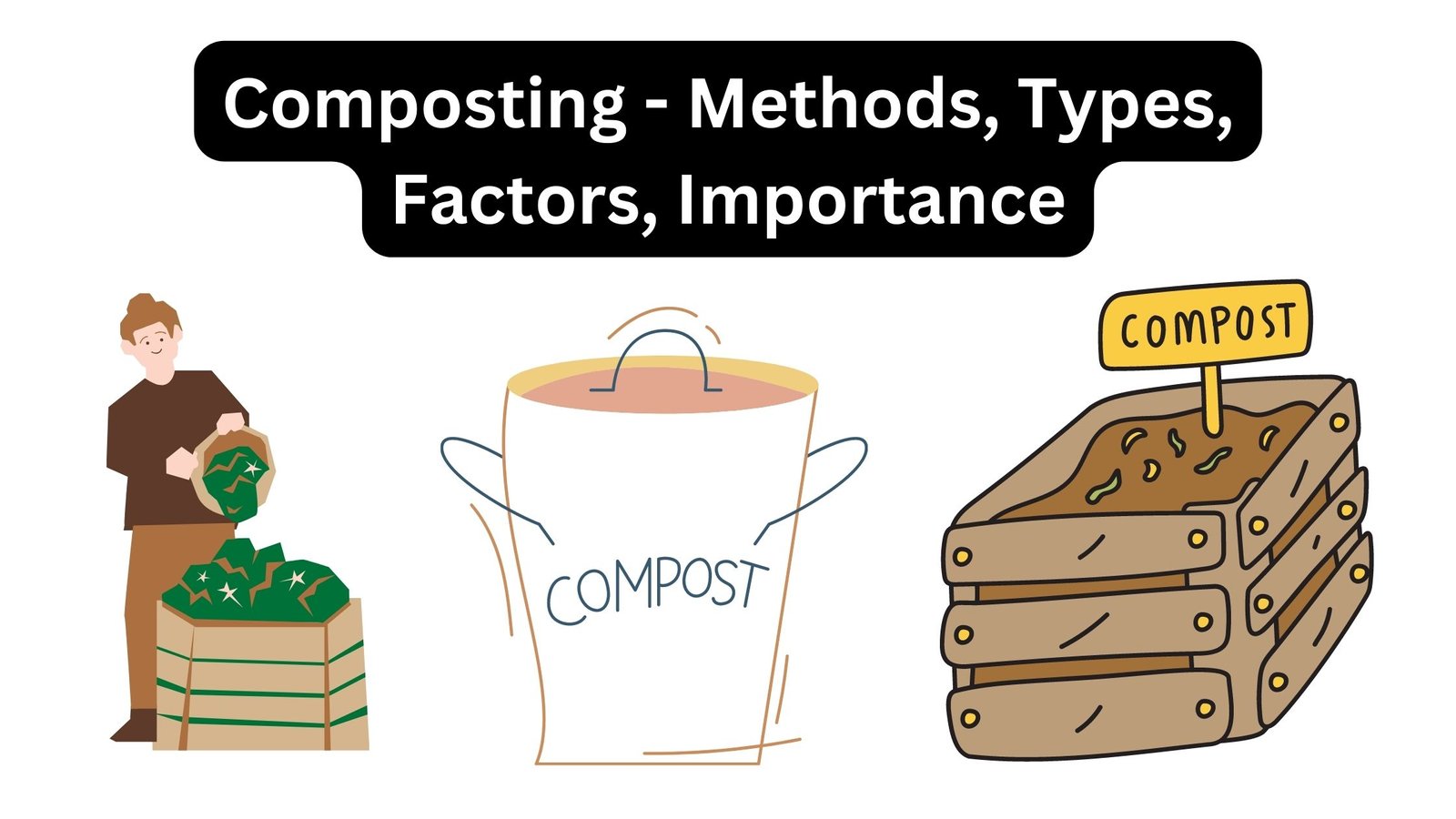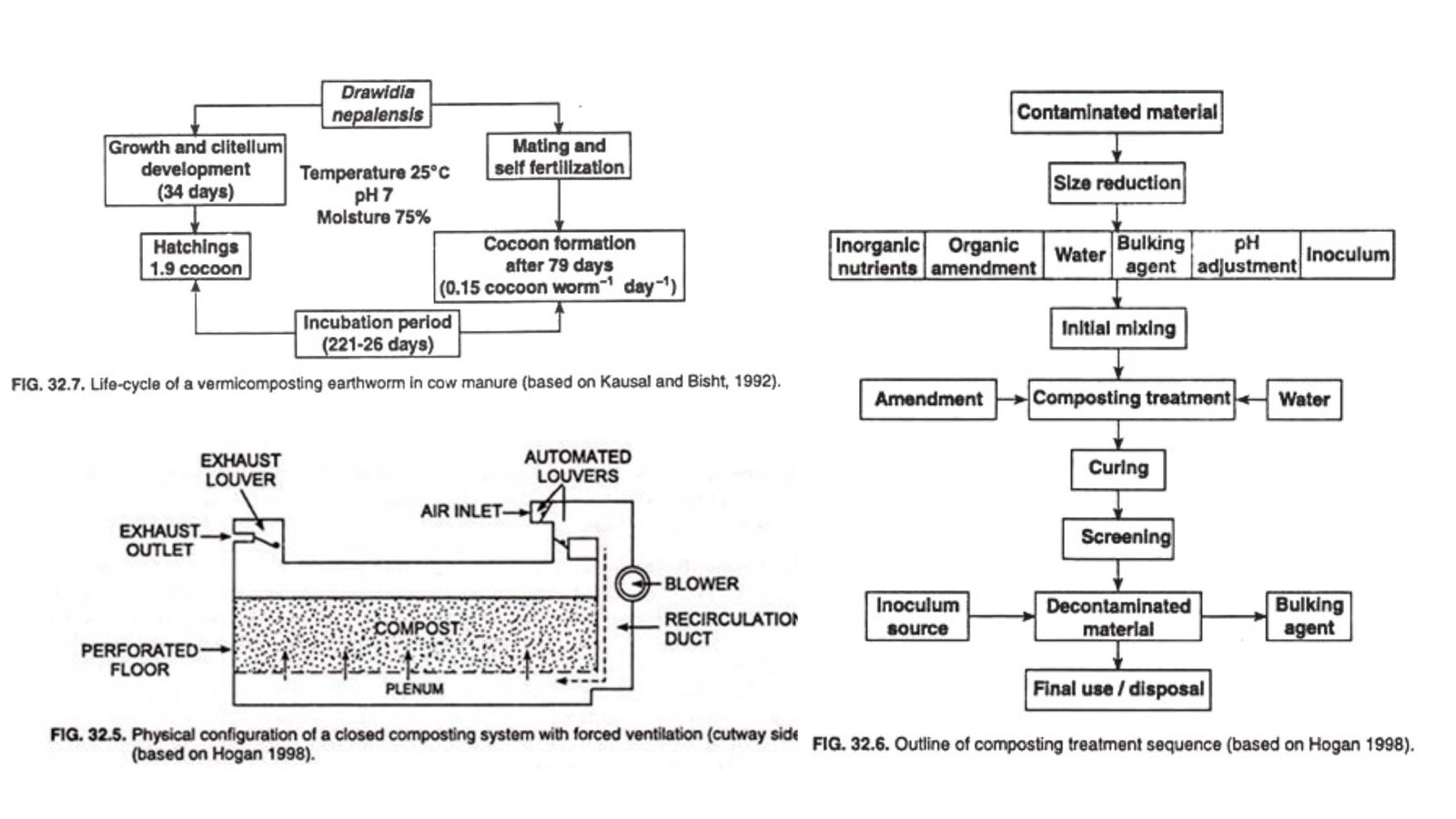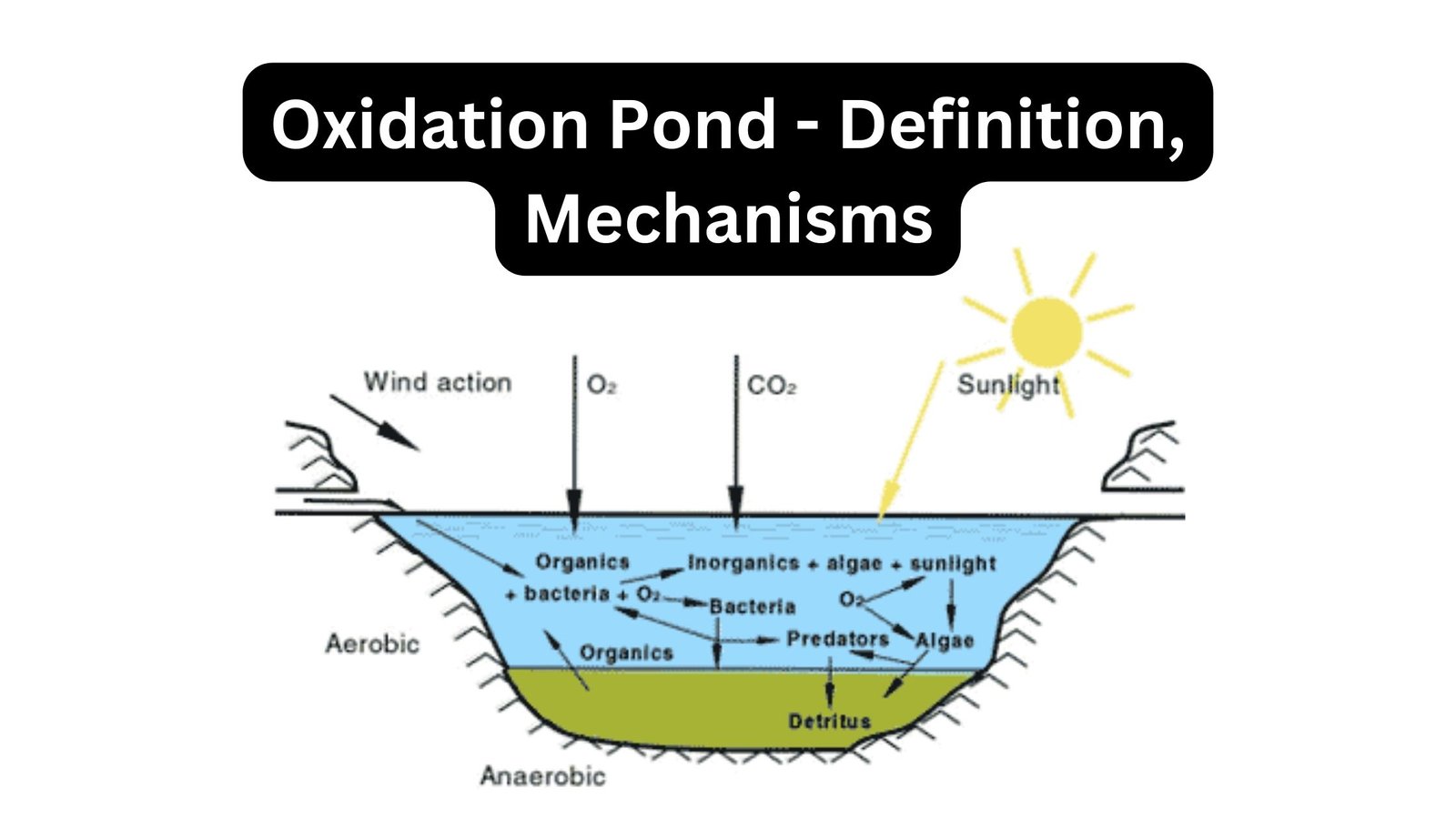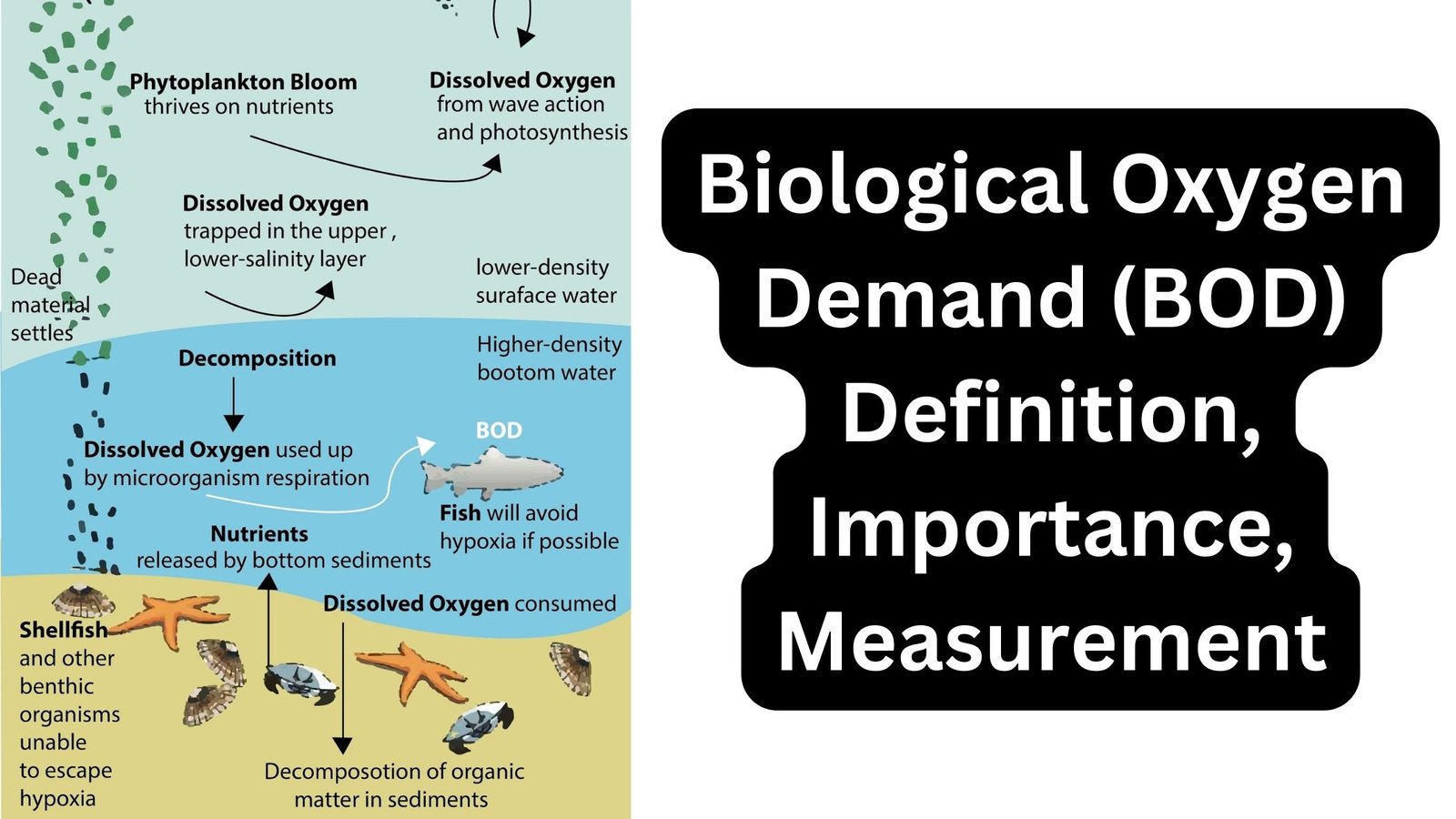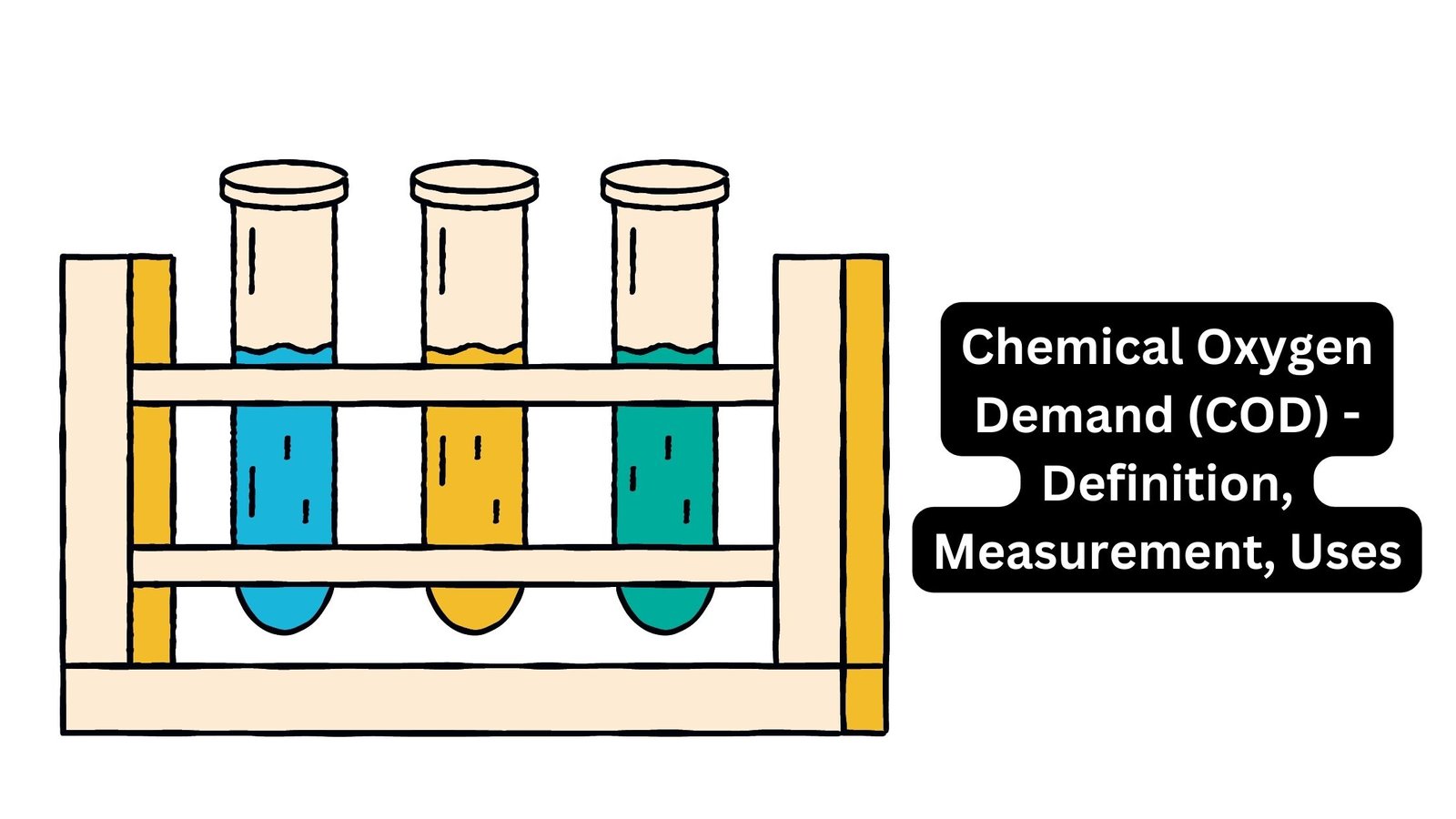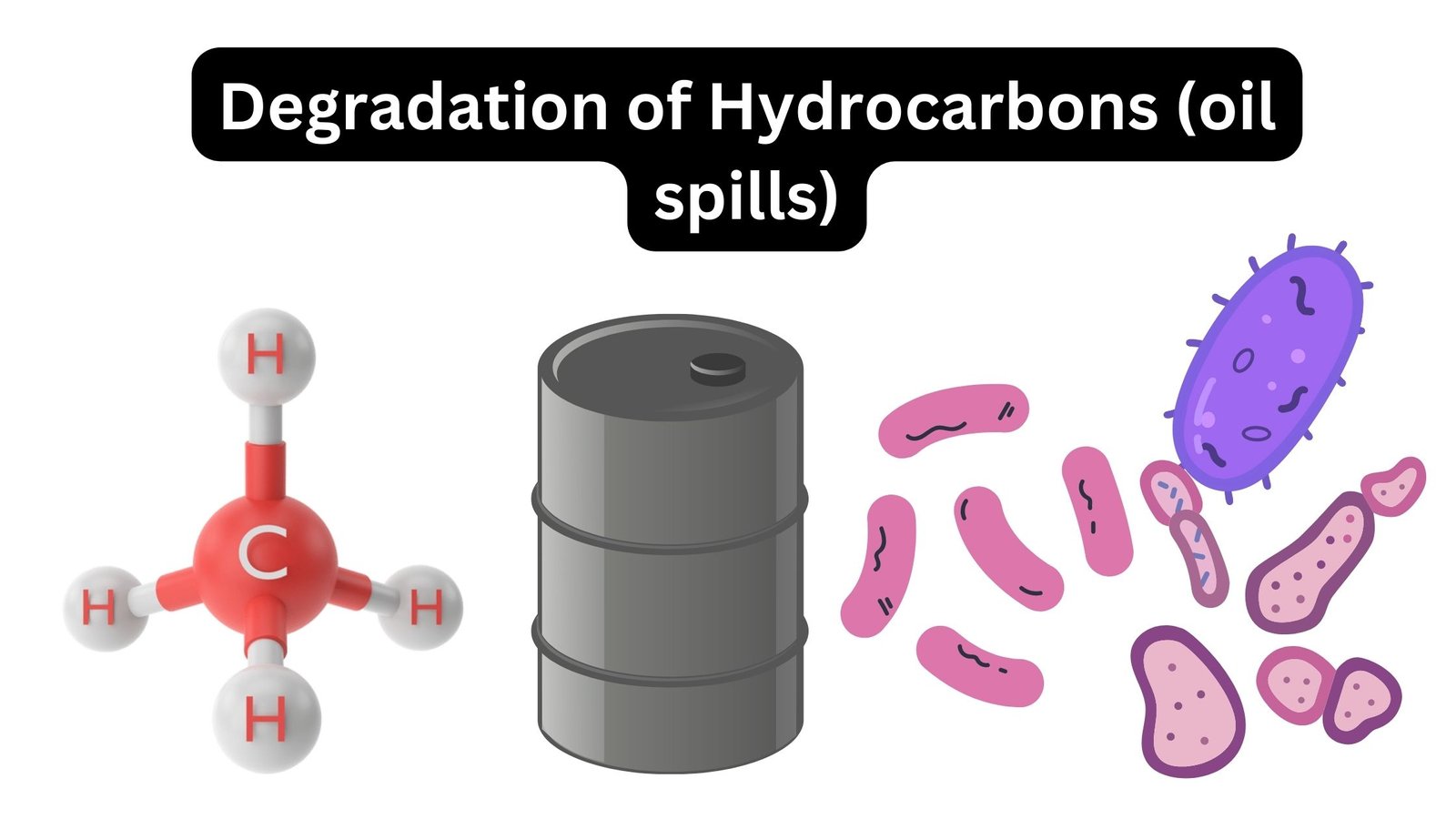Distribution Of Microorganisms In Aquatic Environment
Types of Waters Inhabited by Microorganisms Biotopes of water microorganisms may include subterranean and/or surface waters, as well as sediments on the ocean floor. Microorganisms of Aquatic Environment Microorganisms inhabit surface waters in all zones; they may be suspended (plankton), cover fixed submerged objects, plants, etc. (periphyton), or reside in sediments at the bottom (benthos). … Read more
